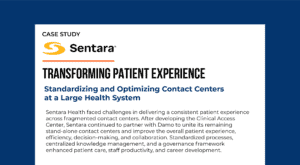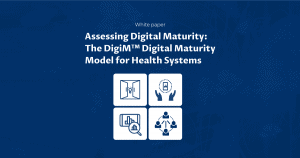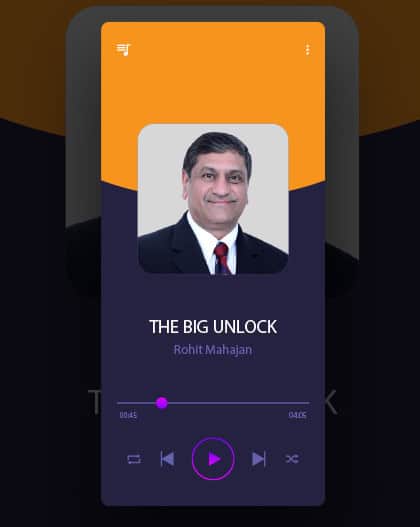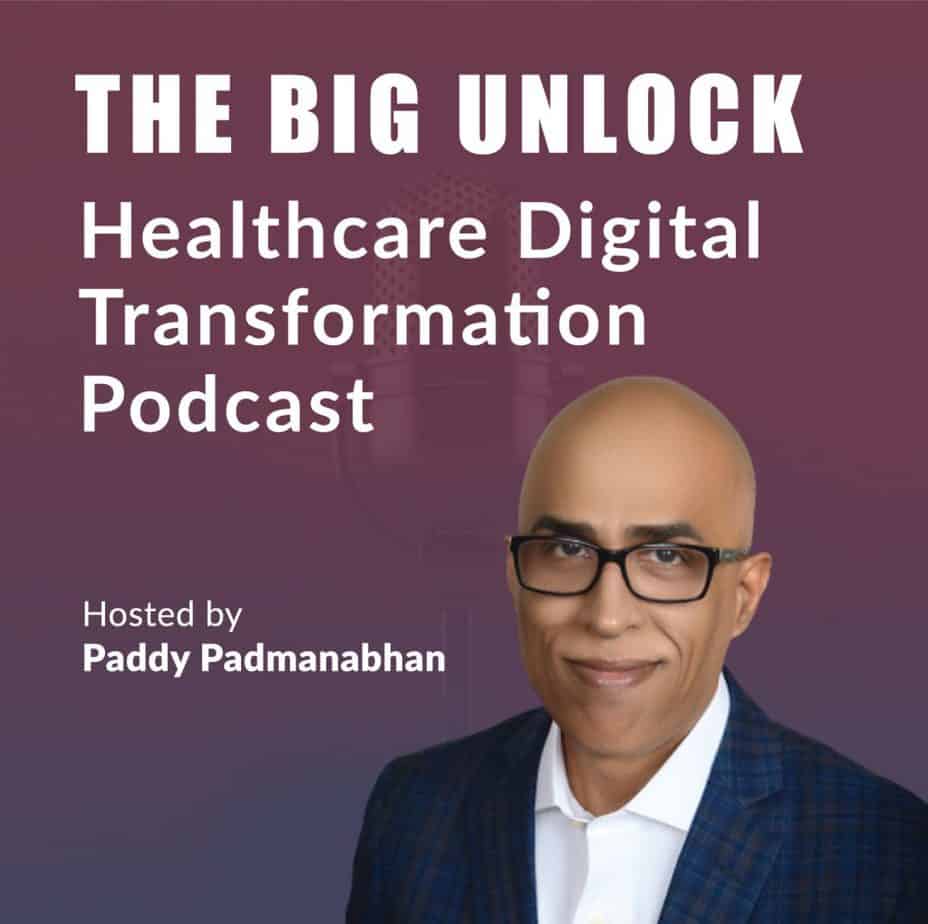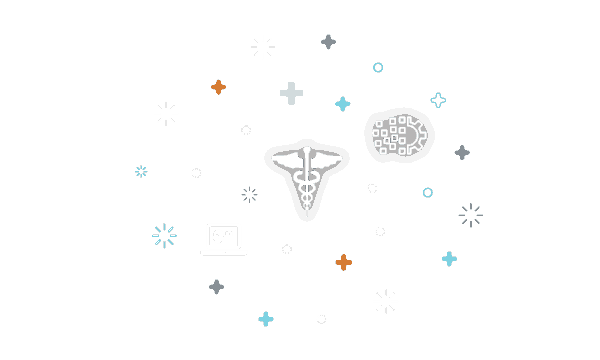Is It Time for Consumer Data Go Mainstream in Healthcare?
Enterprises value demographic and lifestyle data on consumers more than any other form of data. Consumer data use in healthcare enterprises must overcome a few challenges first.
A recent survey of over 300 CEOs across the globe by consulting firm PwC indicates that 2019 is the year enterprises expect to extract value from data. The data that enterprises value most? Consumer data, which includes demographic, lifestyle, and health data.
Traditionally, consumer data has been in the purview of major established firms in the space, such as Experian and Acxiom, who have built vast data repositories by aggregating, organizing and monetizing data from a large number of public and commercial sources to help marketers target their audiences in ever-more refined ways.
There is a gold rush for data as marketers, healthcare informaticists, and medical practitioners look for data-led strategies to drive revenues, reduce costs, and improve healthcare outcomes. However, healthcare professionals are less than satisfied with the results so far from their traditional sources pf patient medical information such electronic health records (EHR). The issues range from lack of data to too much data and not enough insights, the usability of data, and challenges with enterprise data management, to name a few. Consumer data adds a level of complexity to the mix while promising incremental benefits.
The emerging role of consumer data in healthcare
Today, the vast majority of use cases for consumer lie in marketing. Big Pharma, which spends billions of dollars in advertising, has used consumer data for a long time in defining target audiences and directing their media spend budgets. Large health plans, and to a lesser extent, health systems, have also been users of consumer data for similar purposes. Any way we look at it, the stakes are big, going by the vast amounts of money that data providers make by licensing their data to healthcare companies.
As the healthcare sector accelerates its move to value-based care (a recent set of proposals by the Dept. of Health and Human Services aims to shift a quarter of all healthcare payments to accountable care models), healthcare enterprises are looking to deploy data and insights as primary tools for population health management, precision medicine, evidence-based drug pricing and more. Advanced analytics and artificial intelligence (AI) tools that require not just vast amounts of data but also diverse data sets for training and refining the algorithms are looking to consumer data for new insights about healthcare consumers.
Consumer data presents a huge untapped opportunity in healthcare’s digital transformation, primarily as a way to understand and engage with healthcare consumers proactively. As newer sources of data become available from the proliferation of smart devices and digitization of consumer-facing processes, there will be a greater need to understand healthcare consumers from an omni-channel perspective and serve them accordingly.
Notwithstanding the potential, there are several challenges to be addressed before the use of consumer data becomes pervasive across healthcare enterprises.
Data as a risk-bearing asset
As healthcare data breaches continue unabated, and technology vendors get ensnared in attempts by hackers to indirectly infiltrate client systems, what may seem like gold to marketers may seem like risk-bearing assets to the healthcare C-suite, stung by penalties for HIPAA violation several years in a row. As data sources and data types increase, the lines have blurred between what has traditionally been considered consumer data, and what is now considered protected personal information.
According to Jay Cline, head of the privacy practice at consulting firm PwC, acquiring and deploying consumer data in healthcare enterprises is now a question of trust. And that trust is engendered not just through robust data security practices but also data privacy policies, which now include strict compliance requirements with the EU’s data protection regulation GDPR and the recently passed CCPA consumer privacy rules in California.
Ownership of data and restrictions on use
After a long period of confusion, there is now clarity about who owns healthcare data – it is the consumer. Along with GDPR and CCPA, there is growing consumer activism about ownership and data use rights. Consumer data sourced from public sources has long been governed by restrictions on use.
For instance, notwithstanding the current excitement about social determinants of health (SDOH) as strong predictors of health and wellness, healthcare enterprises have to be careful about how they overlay third-party data on, say, a patient’s criminal history, on electronic health records (EHR), or vice versa. The use of such data for making assessments about health risks may have direct consequences on a patient’s cost and access to care. The ongoing concerns about the reckless use of consumer data by big tech firms such as Facebook have also highlighted the need for healthcare to ensure ethical sourcing of data before its use in a clinical setting.
Identity matching & interoperability
My firm’s recent research for one of our clients indicated that the two biggest challenges in using consumer data are interoperability and identity matching. Interoperability has long been a challenge in the world of healthcare, more so since patient medical records were digitized into proprietary EHR systems.
Even as technical interoperability challenges are being addressed through industry models such as FHIR, semantic interoperability (a common language for sending and receiving information) is far from being overcome. This is at the core of identity matching, complicated further by the fact that there is no universal patient identifier today. However, many of the larger consumer data providers have developed proprietary algorithms for identity matching to varying degrees of accuracy, albeit in the narrow context of omni-channel marketing.
In the next few years, we will see dramatic changes in the world of consumer data. Consumers will gain control of existing data about themselves and enrich it with data generated from their smart devices as well as their lifestyle and habits. They will also share it selectively with their healthcare providers and others (perhaps for some meaningful compensation, just as many enterprises do today with third-party data aggregators). For healthcare enterprises, consumer data will increasingly drive medical decisions in addition to marketing decisions.
The value of consumer data in future is evident in multi-billion dollar acquisitions of Acxiom by media giant IPG in 2018, and Epsilon by Publicis earlier this month. As consumerism gains ground in healthcare, healthcare enterprises and their data providers must come together to overcome the challenges and drive the digital transformation of healthcare.
Originally published in CIO.com

